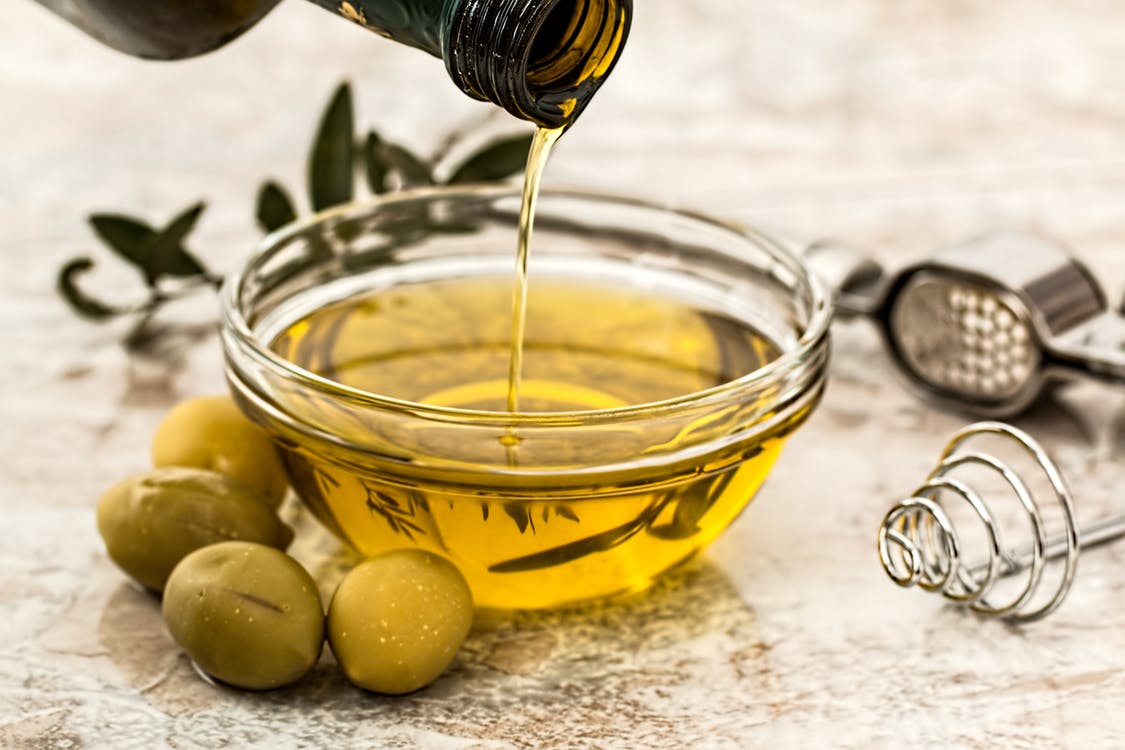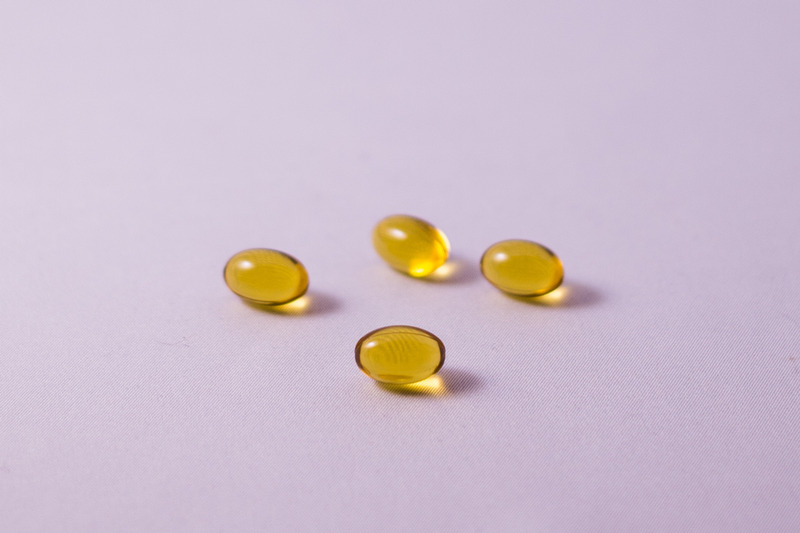What is Echinacea? If you’re like millions of others, you see it mentioned a LOT during cold and flu season but you’re not quite sure what it really is. Is echinacea an herb? Spice? Is it a mysterious mushroom that only grows in remote corners of the world? But mostly you’re probably wondering if echinacea really improves immune health.
Don’t sweat it, we’ve got all the details. Echinacea is a surprisingly common plant that grows in western parts of the world. And the reason you see it plastered everywhere during cold and flu season is because it’s been used for medicinal purposes for centuries.
Read on and discover how this herbal remedy could boost your immune system today!
What is Echinacea?
Echinacea is a perennial herb that grows throughout the United States and Canada. While there are several different species of Echinacea, most of them have a coneflower with daisy-like petals. The most widely known species (Echinacea purpurea) has petals with a rich purple or pink color and a center cone with sharp spines.
Echinacea was used in North America hundreds of years ago by indigenous peoples. While it’s likely the plant was used much earlier, historians say “the first archaeological evidence dates from the 18th century.”
Traditional healers used it to treat external injuries, burns, and insect bites. They would even chew on echinacea roots to help ease toothaches and throat infections. Additionally, there were several ways the plant was used to ease coughs, stomach cramps, and more. Supposedly, “At the beginning of the 20th century, Echinacea was the most frequently used plant preparation in the USA.”
Today, we know Echinacea contains beneficial compounds that exhibit immunostimulant effects. One review said Echinacea contains many several important metabolites “such as alkamides, caffeic acid derivatives, polysaccharides, and glycoproteins…”
Even today, Echinacea extracts are commonly used as both preventative measures and therapies for colds. While some are doubtful of Echinacea’s immune-boosting potential, it’s important to take quality into consideration. The immune-stimulating properties of Echinacea depend on the presence of certain active compounds. So, depending on the plant species and extraction methods used, immune responses can vary. That’s why it’s so important to find high-quality, organic Echinacea extracts.
But can Echinacea REALLY improve immunity?
Is Echinacea Good For Your Immune System?
Yes! Several studies indicate how Echinacea can enhance immunity and possibly prevent illness. A large review of twenty-six controlled clinical trials indicated, “that preparations containing extracts of Echinacea can be efficacious immunomodulators.” They did recommend further study, however, to determine the most effective preparations and doses.
So, how does Echinacea help your immune system? Three specific groups of compounds (Caffeic acid derivatives, Alkamides, and Polysaccharides) are believed to be the keys to Echinacea’s immunostimulant properties. When they interact with your immune system, some pretty interesting things happen.
For example, macrophages (a type of white blood cell) play an important role in both innate and acquired immunity. According to a report from the University of Nottingham, “Cell cultures of macrophages have responded to Echinacea by increasing their production of cytokines and the rate in which particles are taken up by phagocytosis. Macrophages circulating in a semi activated state should be better able to respond quickly to and destroy invading pathogens.”
Several studies illustrate the positive impact Echinacea has on cytokine production. Additionally, it can potentially increase NK (natural killer) cell activity. NK cells identify and contain threats, so you definitely want those cells to function optimally during cold and flu season.
If you’re struggling with all the medical terminology, try thinking of your immune system as a security department. Taking Echinacea is like giving your “security department” additional resources and motivation to keep up the hard work. We don’t know about you, but that sounds pretty essential to us!
How Often Should You Take Echinacea?
While there’s currently no official dosage recommendation, research has shown that 300-500 mg of dry powdered Echinacea extract is an effective immunostimulant when taken three times a day. It’s worth noting that this research only studied short-term use, so long-term Echinacea use isn’t as well understood.
In the short term, however, Echinacea is particularly helpful at preventing and/or shortening symptoms of common colds. For those that feel they’ve been dealing with a weak immune system for some time, supplementing with Echinacea could give your immunity the boost it needs to get back in fighting shape.
When Should You Avoid Echinacea?
Luckily, there have been no deaths and very few adverse reactions associated with Echinacea. But just in case…
- While it’s rare, those with allergies to the Asteraceae (daisy) family may want to steer clear.
- Those taking medications metabolized by a specific enzyme family (cytochrome p450) should use extreme caution and speak with their doctor before supplementing with Echinacea. This includes blood thinners like Warfarin (often prescribed for high blood pressure) and some prescriptions used to treat HIV.
- Those on immunosuppressants or who have autoimmune diseases should consult their doctor before supplementing with Echinacea. Immunosuppressants keep the immune system from overreacting and causing unwanted harm. So, Echinacea may contraindicate in this instance.
- There have been extremely rare cases of liver issues (most likely caused by extreme allergies). However, if you have liver issues or are on liver medications, speak with your doctor before supplementing with Echinacea.
What Are Good Ways to Boost Immunity Other Than Echinacea?
If you’re interested in giving your immune health a serious boost, you could consider any of the following alternative options:
Vitamin C
This essential vitamin provides antioxidants to combat free radicals. It also promotes a healthier immune system by encouraging the production of more white blood cells.
Vitamin D3
The sunshine vitamin is needed to absorb certain nutrients, but it also plays an important immune role. Taking Vitamin D3 regularly can reduce certain infections.
Beta-Glucan
When extracted from specific strains of baker’s yeast, Beta-Glucan 1,3/1,6-D stimulates neutrophils, T-cells, monocytes, macrophages, and dendritic cells. Additionally, it also reduces the risk of respiratory infections, promotes a healthier gut microbiome, and more.
Zinc
Your immune system needs zinc to function properly, but this nutrient also promotes faster wound healing, healthy bones, and has antioxidant properties.
Elderberry
Elderberry can help your immune system, as it is packed with antioxidants and other beneficial nutrients. Its antiviral properties have even been shown to reduce the length and severity of flu symptoms.
If you’re imagining a massive pile of vitamins and supplements, don’t worry. We created our Glucan85Plus with ALL of these items in one easy-to-swallow capsule. Oh, and don’t worry, we didn’t forget the Echinacea.




















